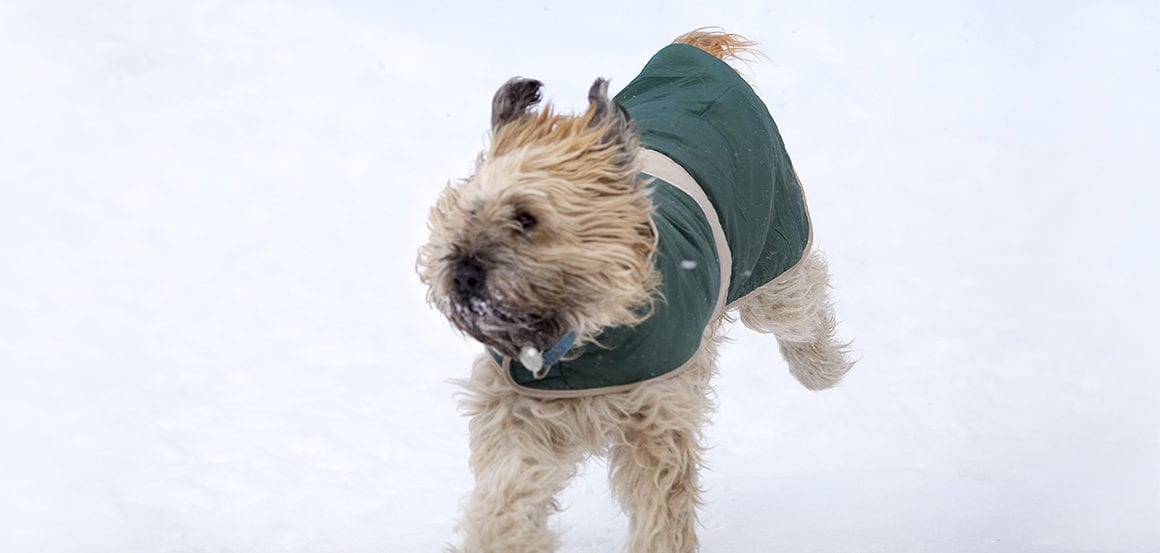Winter Routine: The Dos and Don’ts
These 5 cold weather habits will help keep animals safe
Let’s face it: residents of New England are no stranger to the frigid temperatures and harsh precipitation that winter can bring. Whether it’s salting our walkway, defrosting our car windows, or layering ourselves with heavy fabrics, we are quick to adapt to the changing elements.
When the blustery weather hits, adjusting a few more of your daily habits can actually help protect your pet and the animals in your community too! Just add these 5 Dos and Don’ts to your winter safety routine:
1. DO watch the thermometer. Although some animals are conditioned for cold weather, many are not. Whenever possible, bring all pets indoors when the temperature plummets below 20 degrees. Animals with short hair, puppies and kittens, senior pets, and those that have a lowered immune system are most at risk and should be moved inside when the mercury drops below 40 degrees.
2. DON’T forget to check under the hood. Cats love to warm up underneath the hood of a car, as the residual heat from the engine burns off. Unfortunately, this method of warming up can have dangerous consequences, such as severe burns and other grave injuries. Always pound on the hood of your vehicle and do a quick visual check to wake a napping kitty before you stick the key in the ignition.
3. DO winterize outdoor accommodations. If your livestock or neighborhood feral can’t be moved into a warm garage or basement, ensure that they have adequate protection against the elements. A winter-friendly outdoor shelter should have three enclosed sides, be raised off the ground, have heated water bowls to prevent freezing, and contain bedding, such as clean straw. The space should be big enough for the animal to lay down, stand, and turn around, but small enough to help trap the heat.
4. DON’T leave flames unattended. Pets gravitate toward warm spaces when they’re cold, just as humans do. If you have a working fireplace, wood stove, space heater, candles, or other heat source supervise your pet at all times to keep them a safe distance from hot surfaces and to avoid serious burns.
5. DO pay attention to your pet’s grooming and health. An animal with a matted coat cannot keep him or herself warm! Long-haired pets, especially during heavy periods of shedding, need extra help maintaining a healthy coat. Senior pets also suffer from increased arthritis pain in the cold, so check with your veterinarian on how to keep your pet comfortable..
For more helpful tips about dog and cat health and behavior, visit arlboston.org/helpfultips.

